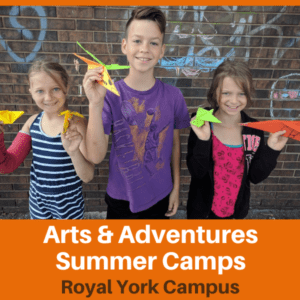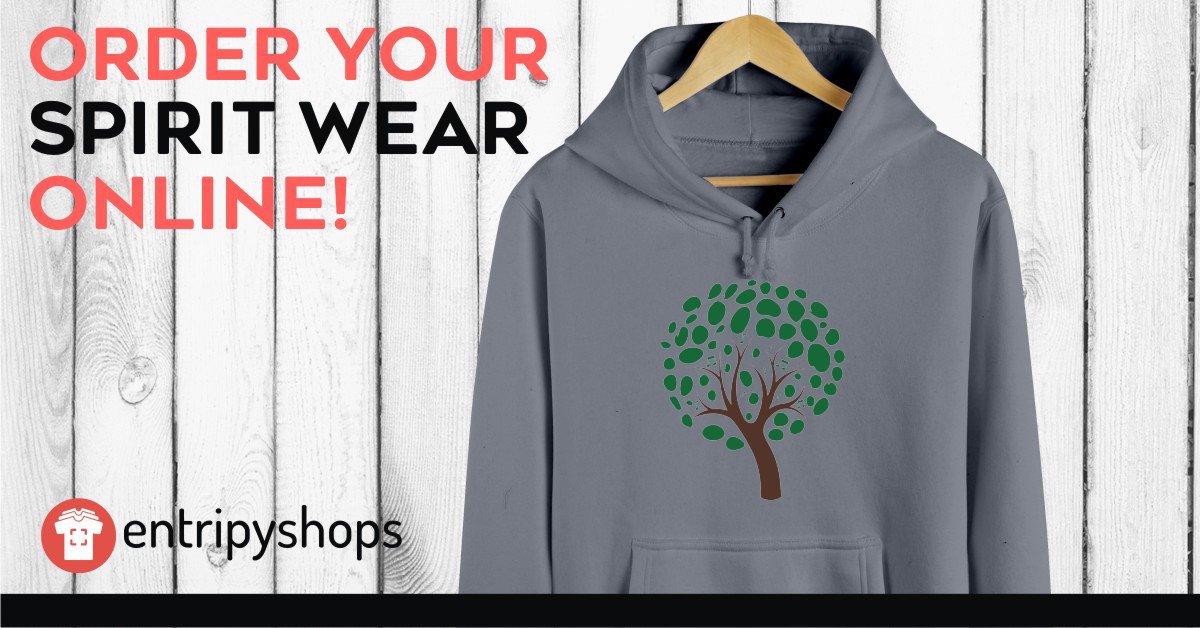
Over the past couple of years, many youth have emerged as vocal and effective activists for a multitude of important causes. It often surprises many when young people speak out passionately about political and environmental issues since these have culturally and historically not been areas that children were every privy to or talked to about and yet these children are having more success in drawing the attention of governments around the world.
The Power of Connectivity
What is completely ironic is that the same social media and instant access to information and communication technologies that we attribute to rising anxieties in our youth has also contributed to the huge rise in student activism and waves of change in our society. Young people around the world are learning to harness the power of the internet for positive change in a world that belongs to THEIR future.
All of the sudden, young people have instant access to information, opinions and a global audience who will listen and encourage them. They are realizing that the social systems in place today are the same systems born of the Industrial Revolution and that the world is not adapting to changing times at a fast enough pace to bring out the right kind of change we need to face the challenges of the 21st century. As a result, the same impatience that has parents worried for their child’s future becomes a powerful impulse for action and change.
The Impact of Important Conversations
It’s easy to let these conversations rise over the heads of the children or brush off their questions with watered down answers. But, what if we stopped for a moment, just a moment, and answered their questions with truth, honesty and transparency?
Children of all ages find inspiration in the stories of the achievements of others. Even fairy tales of old feature elements of good prevailing over evil. The difficult issues that face our children today are just modern versions of dragons and epic battles. We need to shape these stories in ways that our children will understand the issues and want to take a stand on the side of virtue and help make our world a better place for THEIR future.
Where to Start
- Start with finding out what issues are important to your child. Listen to their questions and observe what topics interest them when others are talking. Take your cues from them and they will let you know how much information is enough and when they need to know more to understand something.
- Let them ask questions. Asking and answering questions is the most important way to help children understand the world around them. Consider the “Scientific Method” – it all starts with a question and a hypothesis, then you do some research and perform an experiment before you draw conclusions. The hypothesis is important too! Ask your child what they already know – I guarantee you that their insight and powerful observations will blow you away!
- Give your child honest, but age-appropriate answers to their questions. Children always know when they are being brushed off and they are so ingenuitive that they will seek the answers elsewhere. As a parent, you have the perfect opportunity to be able to help your child form their opinions about important issues in the way you present the facts to them. It’s important to start simple and only add more detail as they as more questions.
- Ask your child questions! It goes both ways – the more you ask your child what they understand about an issue, the more you help them form new questions and hypotheses about these new ideas.
You may also like Demystifying Headlines: How to Talk to Kids About the News
For more educational posts visit our Educational Posts Page
To keep up with new blog posts you can follow us on Facebook or Instagram
Or, sign up for our newsletter below for school updates.
Get updates on new classes, hosted events, and more.










